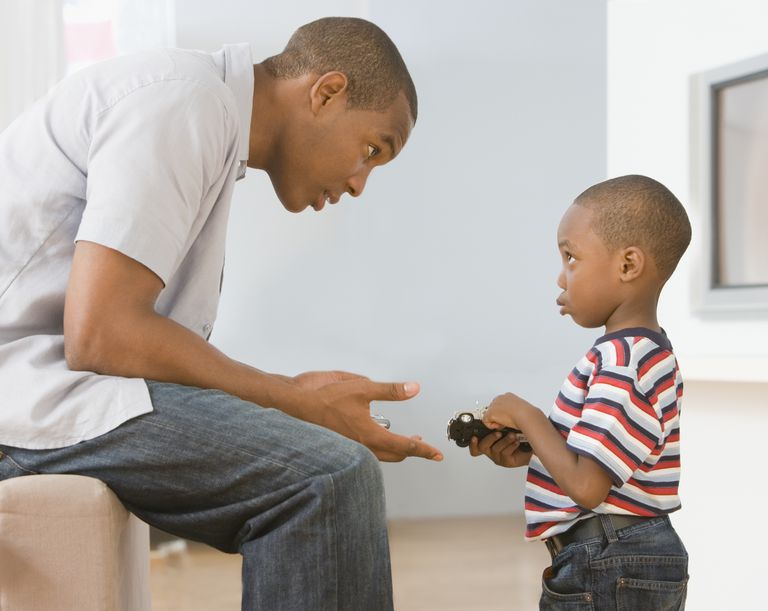Do you spank your kids when they misbehave? Those exasperating moments when we feel like “I can’t believe you just did that” and boom, you drag the child closer to do the judgement accordingly …you relate? Typical African mother style. Does it stop the child from repeating such act next time?
This is a topic that everyone has an opinion about and personally, I feel that every African parent would agree that beating should be part of disciplinary action at home because you don’t “always” want to spare the rod and spoil the child.
Studies consistently find most people (well over 50%) say they spank, or at one point, have spanked their children. That makes it somewhat a general practise.
My position is that we MUST DISCIPLINE our children. And discipline requires we use the best method for each child. Whatever, your choice of discipline, I strongly believe that spanking is an ineffective method of discipline for children who are older than 10 years.
What can I do instead?

If you’re looking for alternative to spanking, here are seven ways to discipline your child without using physical punishment.
- Seize Rights and Privileges
A slap or two or outright spanking may hurt for a minute or two, however, taking away a privilege hurts longer. If you already know what they love doing best, you might want to consider stopping them from doing them as a form of punishment. You might as well consider taking away the TV, video games, and other favourite toys or a fun activity for the day – going for football, to a party or the movies.
- Allow for Natural Consequences
Sometimes, it’s just best to allow kids learn from their own doings and undoing as long as it is safe to do so. For instance, if your child makes a mess, he must tidy it up before he can watch TV. If he/she throws a tantrum because he wants another toy in the shop, you return the other toy and leave the shop. If he refuses to eat lunch but later wants a snack, don’t give him the snack. However, its important to monitor the situation to ensure that your child won’t experience any real danger from the natural consequence. Afterwards, draw the child’s attention to the fact that his/her disobedient caused this. Trust me, a child is more likely to learn through this mild but effective way.
- Time Outs
This method actually works for some children. Sending them to their room or to a corner for time out. It gives them a time to reflect especially in isolation. Ensure there are no gadgets, TVs or toys in the space as this can defeat the intention of quiet reflection. When it’s over, calmly talk about what your child did wrong and how he might fix the problem or avoid it next time. And always ensure the child apologises for the bad behaviour.
- Ignoring the Behaviours
Some bad behaviour is attention seeking and its best to ignore them. This is especially effective when your child is throwing a tantrum, pretend you can’t hear her/him. The attention-seeking behaviour may escalate before it subsides but hold your ground. If you don’t respond to it, she’ll eventually stop.
- Positive Reinforcement
By praising your child when he’s being good, you may need to punish him less. Let him know exactly what he/she did right (“You did a great job of using your words to express anger, not your fists”) so he knows what to do in the future. Also rewarding the behaviours but make sure you balance the reward and incentives so it doesn’t become a MUST for every good behaviour.
- Talk it Out
Sometimes, lack of communication could be the reason for a child’s bad behaviour. Ask question, find out the reason for the behaviour and if they realise what they did wrong. Explain the impact of their behaviour, ask them what they could have done instead. Encourage the child to begin to think for themselves and about their actions. It is important to understand why their behaviour was wrong.
- Giving Choices
Lastly, consider giving choices. This can be an effective alternative to spanking. If your child refuses to eat what is for lunch, you could simply ask, “Would you like to eat this or an alternative (give a food less desirable or they go without their favourite snack for a week?)” . The important thing with this method is to think of good choices and follow through. This method works like a charm for my two boys – 8 and 10yrs.
We would like to hear from you. What has been your most effective method of disciple? Send us an email Lola@9ijakids.com. If you found this post helpful, please share and check out 9ijakids blog for other interesting posts.


